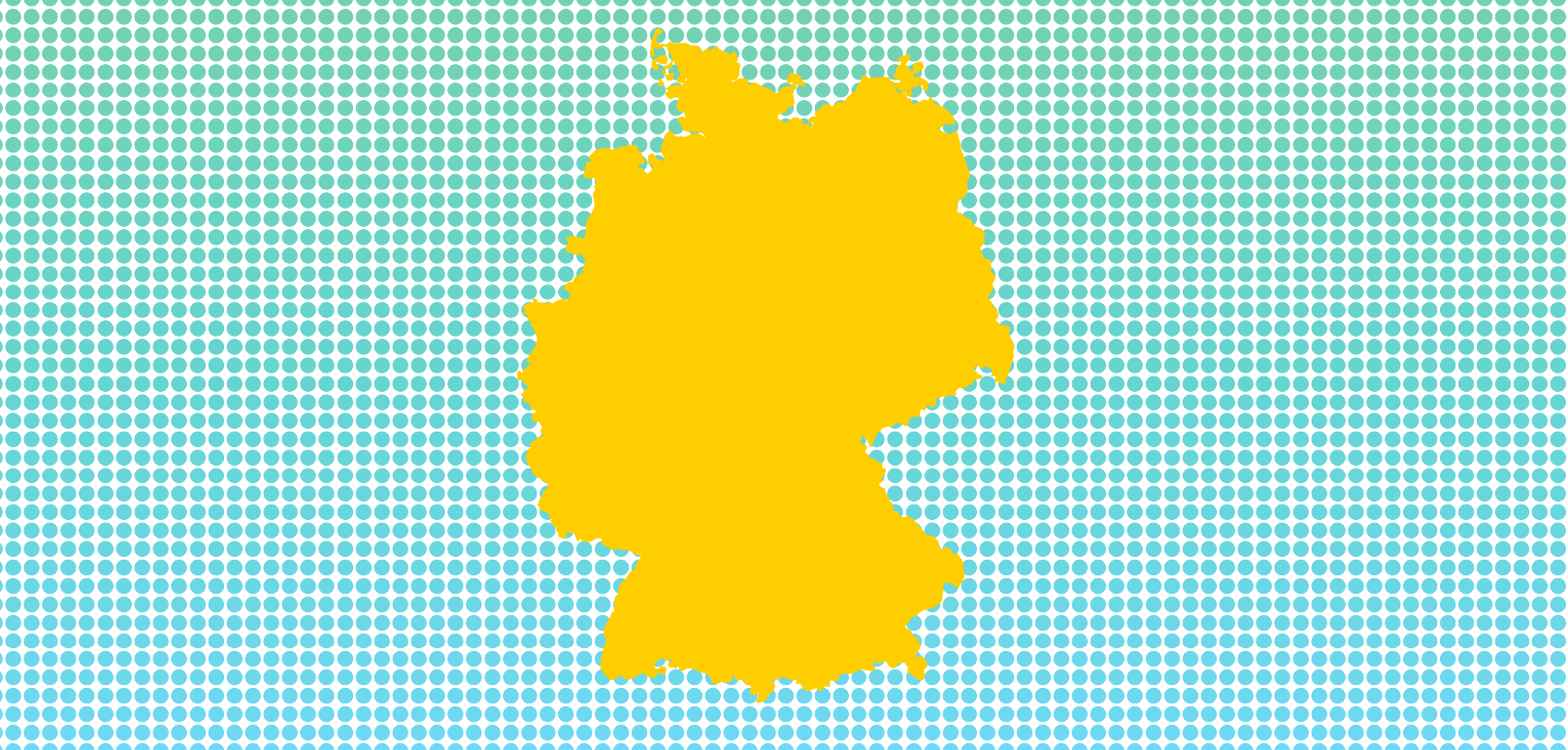
… Nel report, pubblicato dal think tank danese “Justitia” e intitolato non a caso “The Digital Berlin Wall”, i ricercatori Jacob Mchangama e Joelle Fiss hanno dimostrato come il NetzDG tedesco sia stato utilizzato come modello di riferimento per rafforzare e in alcuni casi “giustificare” la censura online in numerosi Paesi autoritari: negli ultimi due anni, Paesi come Venezuela, Vietnam, Russia, Bielorussia, Kenya, Singapore, Malesia, Filippine, Turchia, Mali, Cambogia e Pakistan hanno con più o meno successo costretto le aziende come Facebook a censurare preventivamente “fake news”, blasfemie e critiche al governo in carica, in rispetto delle mutevoli leggi locali e non di rado in aperta violazione con i più basilari diritti umani fondamentali.
Translation: In the report, published by the Danish think tank “Justitia” and entitled, not surprisingly, “The Digital Berlin Wall”, researchers Jacob Mchangama and Joelle Fiss demonstrated how the German NetzDG was used as a reference model to strengthen and in some cases ” justify “online censorship in numerous authoritarian countries: in the last two years, countries such as Venezuela, Vietnam, Russia, Belarus, Kenya, Singapore, Malaysia, Philippines, Turkey, Mali, Cambodia and Pakistan have more or less successfully forced companies such as Facebook to preventively censor “fake news”, blasphemy and criticism of the government in office, in compliance with changing local laws and not infrequently in open violation of the most basic fundamental human rights.
Read the full article here.
Jacob Mchangama is the Founder and Executive Director of The Future of Free Speech. He is also a research professor at Vanderbilt University and a Senior Fellow at The Foundation for Individual Rights and Expression (FIRE).

